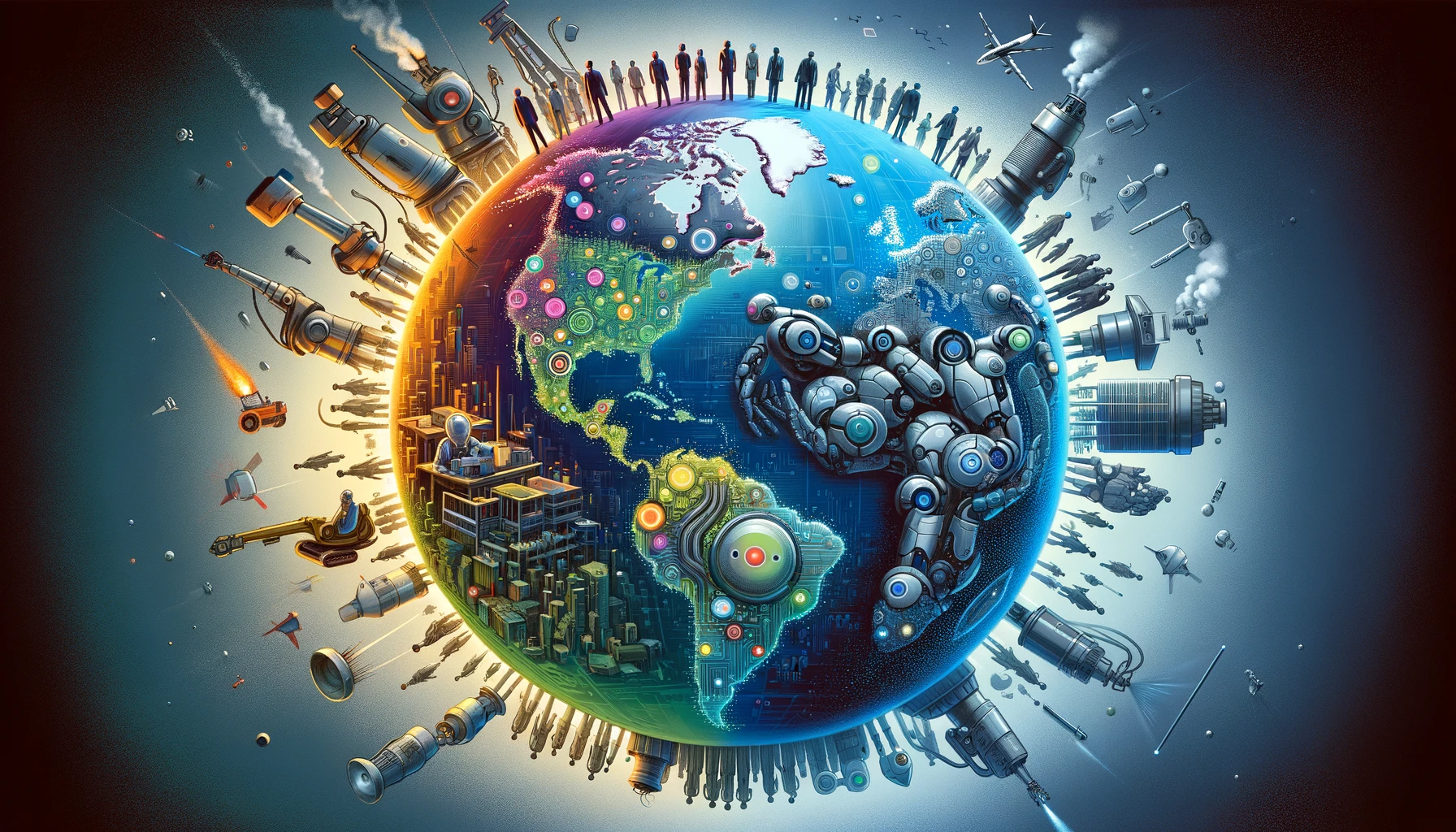The reach of AI across various sectors suggests a profound shift in traditional employment paradigms. Industries such as manufacturing, transportation, and even service sectors are likely to witness a significant overhaul in job roles, with automation replacing routine and manual tasks. However, the impact of AI is not limited to job displacement; it also encompasses job transformation, where the nature of work evolves to integrate new technologies. This transformation is expected to have a varied impact across different regions, with developing economies potentially facing more significant challenges due to their reliance on industries more susceptible to automation.
One of the IMF’s primary concerns revolves around the exacerbation of existing inequalities. The AI revolution could widen the income gap between skilled and unskilled workers, as well as between nations with varying access to technological advancements. Workers with lower levels of education and training may find it particularly challenging to adapt to the new AI-driven job market, potentially leading to increased unemployment and social strife. The IMF’s warning is a clarion call to address these disparities proactively.

In response to these challenges, the IMF advocates for the establishment of robust social safety nets and educational programs. These initiatives are crucial for helping workers transition to new roles and adapt to the changing job landscape. Upskilling and reskilling programs, alongside policies aimed at supporting those displaced by automation, are essential components of this strategy. The IMF emphasizes that without these supportive measures, the transition to an AI-driven economy could be turbulent and socially disruptive.
While AI poses significant challenges, it also offers substantial benefits, such as increased efficiency, economic growth, and the potential creation of new job sectors. The key lies in harnessing these benefits while mitigating the negative impacts on the workforce. This balance requires a collaborative approach involving governments, industries, and educational institutions to create an inclusive framework where AI acts as a catalyst for positive change rather than a disruptor.
The IMF’s warning is a crucial reminder of the need for preparedness and proactive measures in the face of AI’s rapid integration into the global economy. Ensuring that this technological revolution benefits the broader society requires a concerted effort from all stakeholders. International cooperation, informed policy-making, and a commitment to inclusive growth are vital for navigating the challenges and opportunities presented by AI.
As we stand on the brink of a major technological shift, the actions taken today will shape the workforce of tomorrow, determining whether AI becomes a tool for widespread prosperity or a source of deepening inequality.
References:

